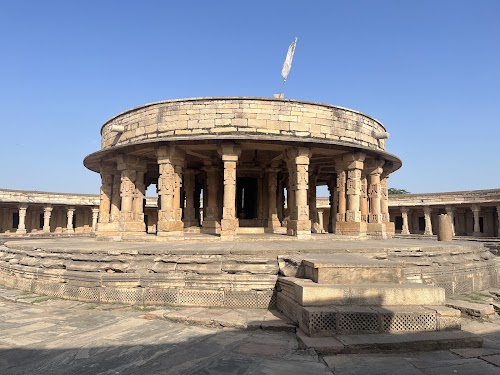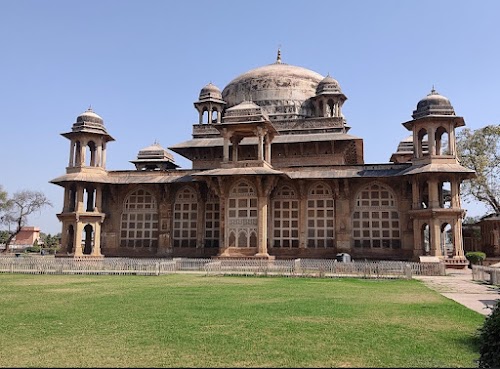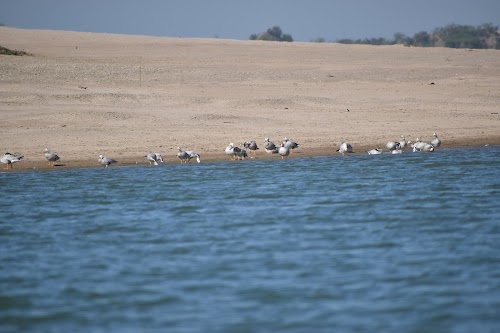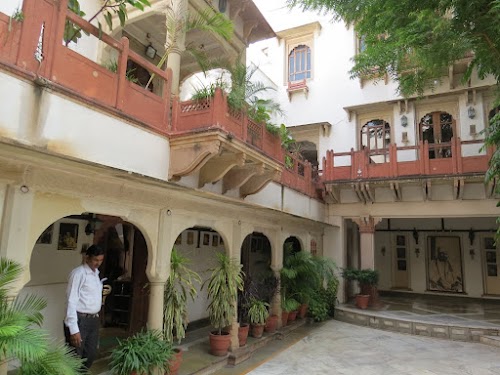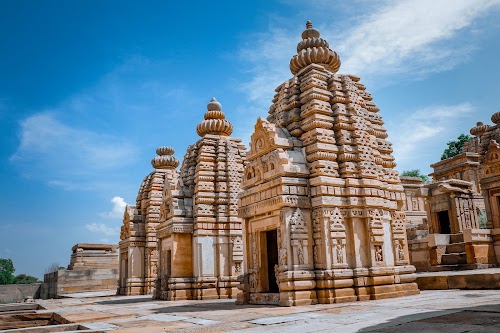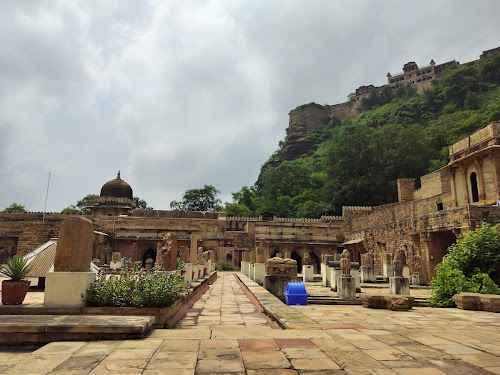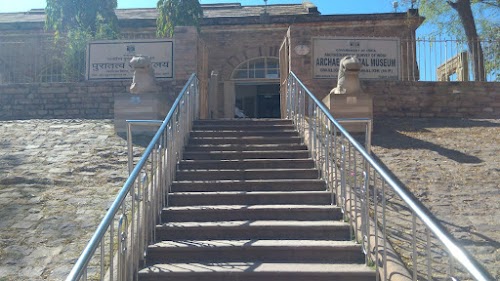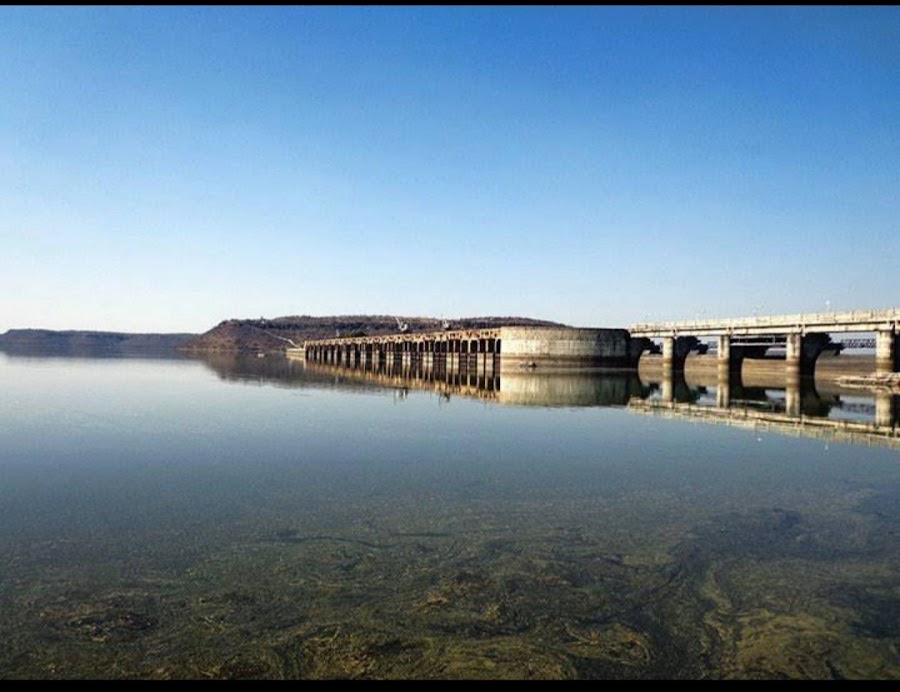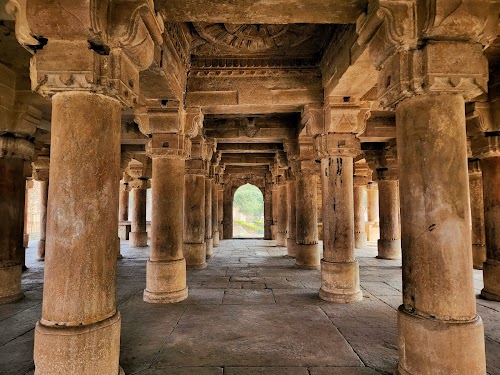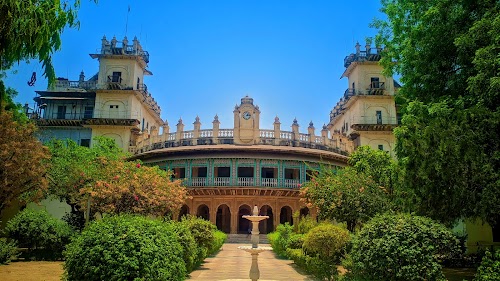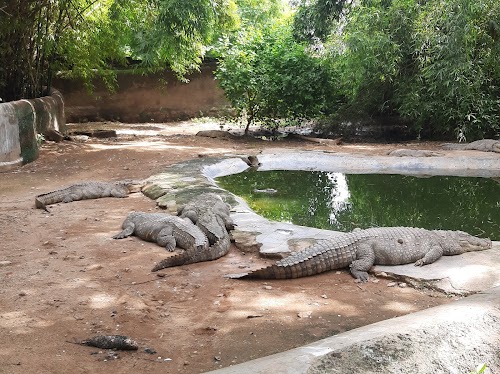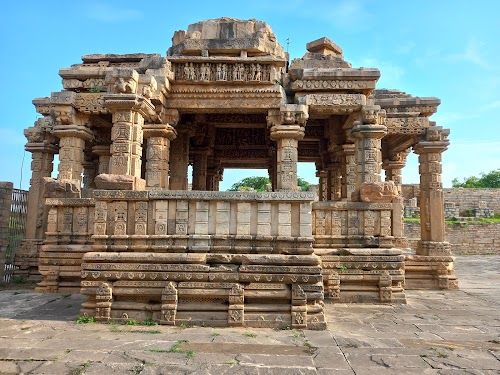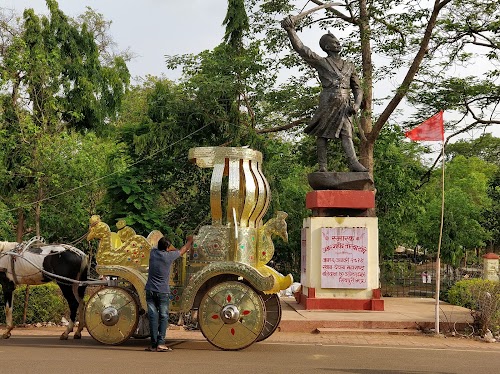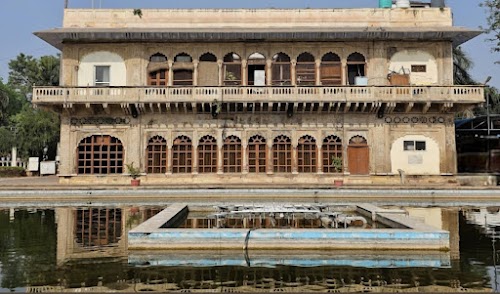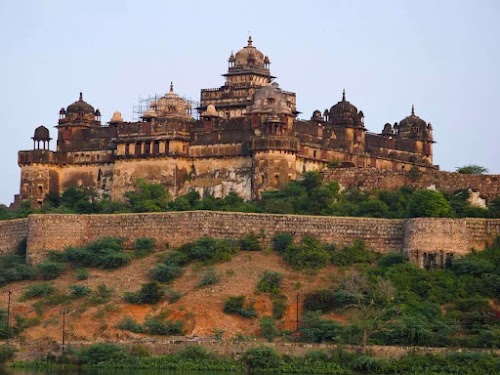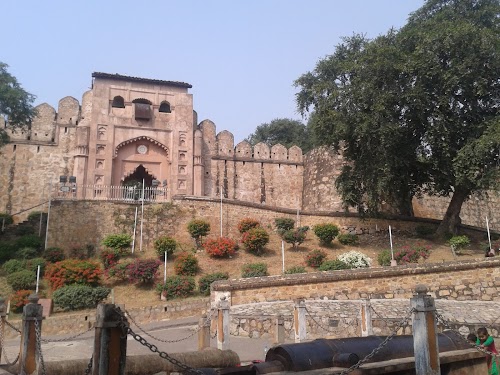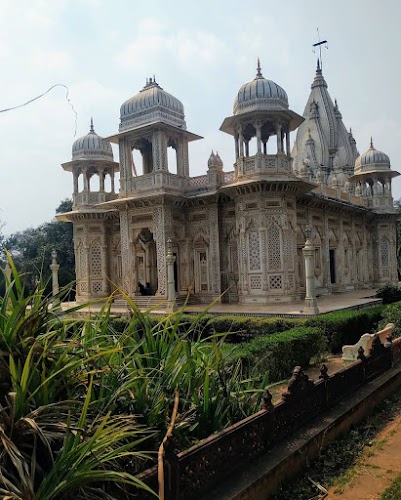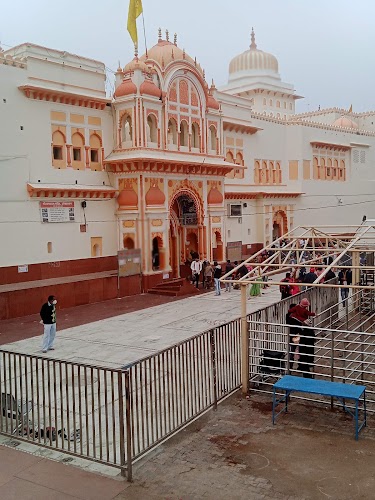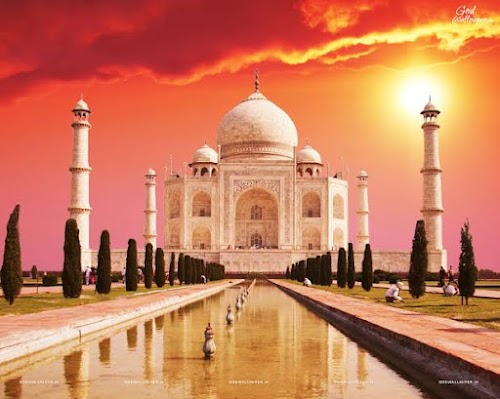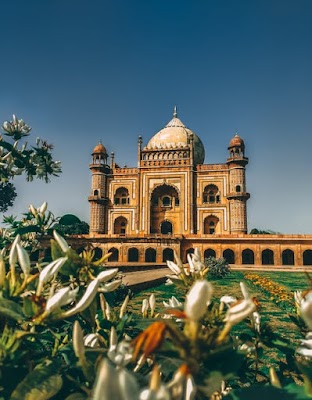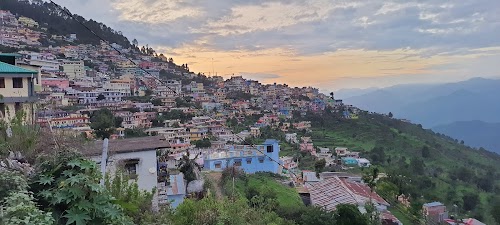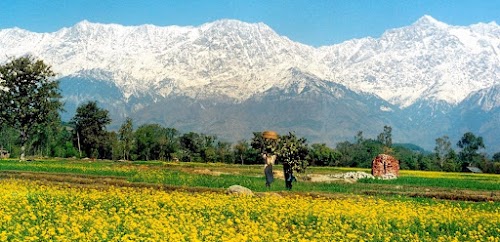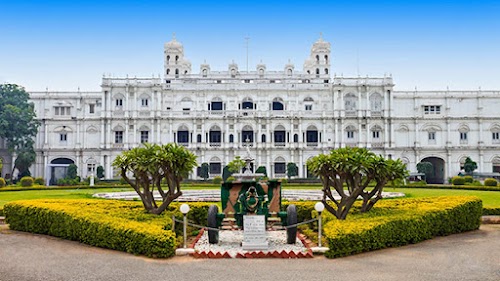
Gwalior, India
Gwalior, a city in Madhya Pradesh, India, is a captivating blend of historical grandeur and vibrant modern life. Dominating the cityscape is the majestic Gwalior Fort, a formidable structure perched atop a hill, offering panoramic views and a glimpse into the city's rich past. The city boasts stunning architecture, including intricate carvings and magnificent palaces. Gwalior is also known for its contributions to Indian classical music, being the birthplace of the legendary musician Tansen. Visitors can explore ancient temples, bustling markets, and savor the flavors of local cuisine. With its historical significance and cultural richness, Gwalior offers a unique and unforgettable experience for tourists.
Known for:
History:
Gwalior's history stretches back centuries, with its strategic location making it a coveted prize for various empires. The city has been ruled by the Tomars, Mughals, and Marathas, each leaving their mark on its architecture and culture. The Gwalior Fort stands as a testament to the city's rich past, witnessing countless battles and sieges. The fort complex houses several historical monuments, including palaces, temples, and water tanks. Gwalior played a significant role in the Indian Rebellion of 1857, with Rani Lakshmibai, the valiant queen of Jhansi, fighting her last battle here. The city's historical significance continues to attract history buffs and those seeking to unravel the stories of India's past.
How to reach:
Gwalior is well-connected by air, rail, and road. The Gwalior Airport has regular flights from major Indian cities. The Gwalior Railway Station is a major railhead on the Delhi-Mumbai route. National highways connect Gwalior to other cities in India. You can also hire taxis or buses from nearby cities to reach Gwalior.
Places in Gwalior, India
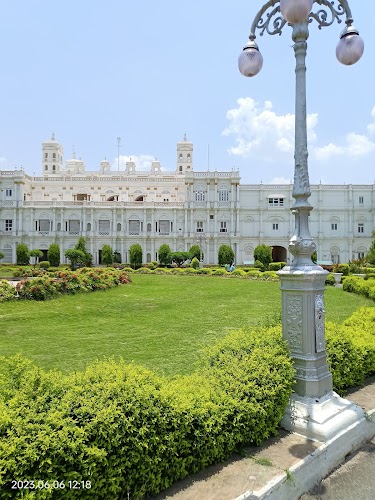
Jai Vilas Palace
Gwalior, India
Gurudwara Data Bandi Chhorh Sahib
Gwalior, India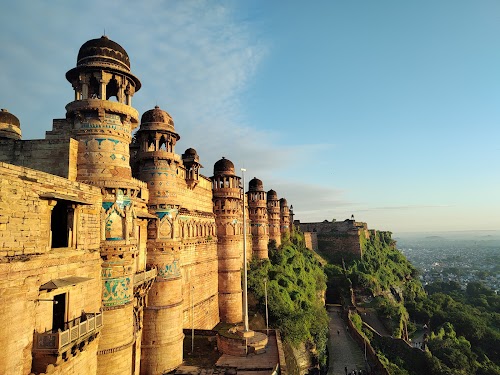
Man Mandir Palace
Gwalior, India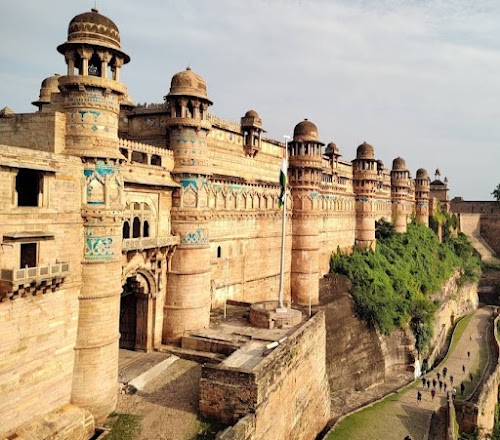
Gwalior Fort
Gwalior, India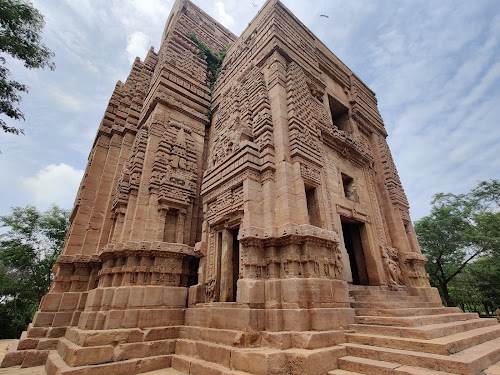
Teli Ka Mandir
Gwalior, India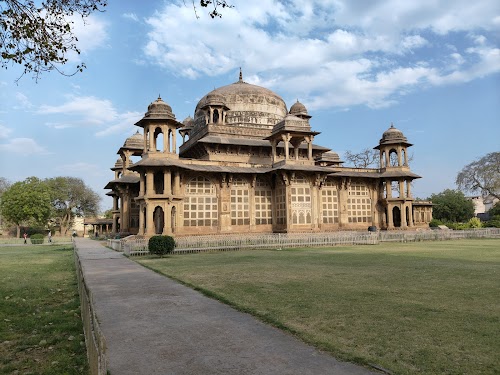
Tomb of Ghaus Mohammed
Gwalior, India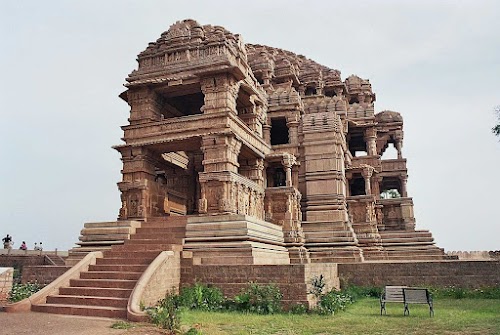
Sahastrbahu Twin Temples
Gwalior, India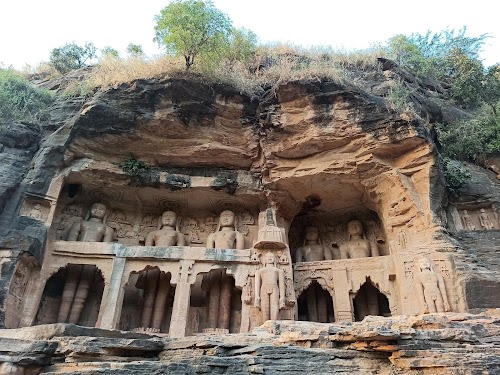
Gopachal Parvat
Gwalior, India